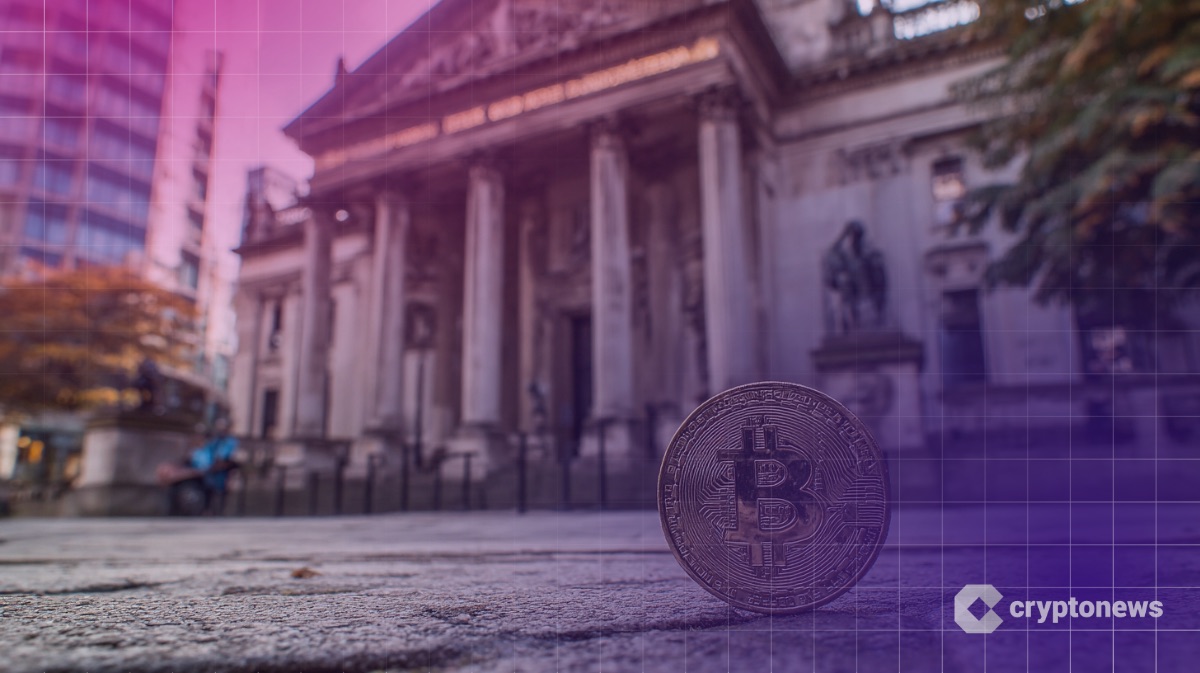‘One Last Exit Pump?’ A look at the summer’s most hyped—and troubling—ICO
The Solana-based crypto launchpad Pump.fun is the biggest contributor to the memecoin craze. Since its peak at $7 million, Pump.fun’s revenue dropped by 92%. The recent ICO was planned as a three-day event, but all the tokens were sold out in 12 minutes, despite risk warnings from the media. What’s behind the most hype ICO of this summer?
A ‘One Last Exit Pump’ narrative
The ICO acronym has some negative connotations. ICOs did pump the market in 2017, but too many altcoins turned out to be worthless.
Although observers speculate ICOs are making a comeback, some in the crypto community use the word as a synonym for a bubble and compare it to the ongoing Bitcoin treasury companies boom.
Given all that, when one of the biggest cryptocurrency startups of 2024 announces an ICO in 2025, there is a pinch of playfulness to it. Given that Pump.fun is a memecoin launchpad, it’s no surprise that their marketing style is quite eccentric. The startup’s frontman, Alon Cohen, for example, previously joked about the Trump assassination attempt. And his $PUMP promotion looked like this:
‘Seeing rumors… these are wrong’
In a tweet posted in July 2024, Pump.fun Cohen wrote “One last exit pump.” So, the time for this “exit pump” has finally come as the platform launched a $PUMP token.
But, in February, Cohen denied the token plans.
The ICO was subsequently announced on July 9 via a thread on X: “The moment you’ve all been waiting for… $PUMP is launching through an Initial Coin Offering on Saturday, July 12th. airdrop coming soon. our plan is to Kill Facebook, TikTok, and Twitch. On Solana. learn more about $PUMP and how to get involved.”
A clip in the thread included a woman giving a man a Pump.fun pill. The man is then transported to a place where Pump.fun streamers are seen working on new content and trading memecoins.
The woman concludes that these projects can “change your life… maybe even the world.”
ICO structure
In the thread, Pump.fun outlined the following structure. Of one trillion tokens:
- 33% are distributed through an ICO
- 24% are reserved “for community and ecosystem initiatives”
- 20% go to the team
- 13% are allocated among “existing investors”
- 2.4% is meant for the ecosystem fund
- 2% go to the foundation
- 3% are intended for livestreaming
- 2.6% are used “for liquidity + exchanges”
Scott Melker of The Wolf of All Streets podcast fame “translated” this structure into sensible language in his newsletter. Here’s what he writes:
The following posts in the thread explain that of the 33% tokens intended for the ICO, 18% are already allocated in a private sale for $0.004. That means that only 15% of the total supply was distributed via a public sale to the public.
It means that the public sale pool of $PUMP tokens was narrowed even further, likely to increase the demand pressure on each token, and now we know that the demand turned out to be greater than any expectations.
However, another important detail is that only 48–72 hours after the public sale, the tokens become “transferable.” Regular investors cannot currently sell $PUMP tokens.
As Melker puts it, the 48-72 hour gap creates a situation where normal investors won’t know exactly when they will be able to trade their $PUMP tokens. He believes this is a tactic designed to put insider traders and quants using bots in a privileged position; consequently, the risks for normal investors are increasing.
Some community members are also concerned with the lack of airdrops. What makes things more controversial is that in March, Cohen stated that the exchange listings are dead and everything that matters happens on-chain.
‘Kill Facebook, TikTok and Twitch‘
It’s understood that the thread dedicated to the native token launch doesn’t mention that substantial drop in Pump.fun revenues and ignores the fact that in terms of 24-hour volume, Pump.fun drags behind the competitor Let’s Bonk.
Rather, the thread emphasizes the snowballing growth of Pump.fun last year.
In the announcement post, Pump.fun claimed it plans “to kill Facebook, TikTok, and Twitch. On Solana.”
These are ambitious plans, but Pump.fun doesn’t provide an explanation on how it is going to overtake the power in the entertainment media space.
Pump.fun witnessed some positive moments–it hosted a wedding and provided funding for a girl with a brain tumor via a charity token. However, some of the things happening on Pump.fun livestreams ended up being quite dark.
To grab attention and boost token prices, crypto streamers escalated from gimmicky stunts—such as living on the street or streaming McDonald’s shifts—to increasingly disturbing acts. Some broadcasts included self-harm, alleged live streams from prison, explicit sex shows, and even threats of violence and Russian Roulette, highlighting a troubling trend toward shock tactics in crypto promotion.
Suicide and torture threats toward humans and animals, along with gruesome stories that include children, went viral.
Time will show if the native token launch will open a new chapter in the Pump.fun story, or will it be a long-ago hinted “one big exit pump” for Cohen and his colleagues?
You May Also Like

SEC filings trigger a 70% plunge, what is the future of SharpLink, the “ETH Treasury stock”?

Metaplanet Scoops Fresh 797 Bitcoin Amid All-Time High Rally, Holds 16,352 BTC in Total
